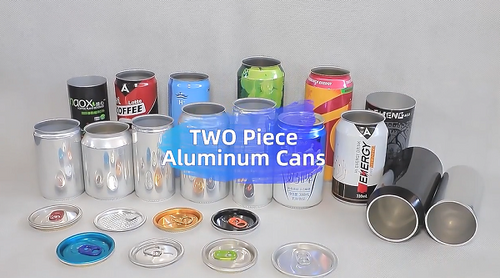What Is The Difference Between Tin And Aluminum Cans?

Have you ever stopped to think about the cans you use every day? Whether it’s soda, soup, or canned vegetables, we often use cans without a second thought. But did you know that not all cans are made from the same materials? Two of the most common types of cans you’ll encounter are tin cans and aluminum cans. While they may look similar at first glance, there are some key differences between the two. Understanding these differences can help you make informed decisions about recycling, health, and even your shopping choices.
What Are Tin Cans?
Tin cans are a staple of food storage, dating back to the early 19th century. Despite the name, modern "tin cans" are not made entirely of tin. Instead, they are primarily made of steel and coated with a thin layer of tin to prevent rusting and corrosion. This tin coating is essential, as it protects the can’s contents from interacting with the steel, which could cause a metallic taste or chemical reaction.
Common Uses for Tin Cans
Tin cans are commonly used to store a variety of food products. From canned fruits and vegetables to soups and sauces, tin cans are an essential part of food preservation. Their durability and ability to withstand high temperatures make them ideal for the canning process, where food is sealed and then heated to kill bacteria.
What Are Aluminum Cans?
Aluminum cans, introduced later than tin cans, have become the go-to choice for the beverage industry. They are made from aluminum, a lightweight, non-magnetic metal known for its resistance to corrosion. Unlike tin cans, aluminum cans are typically made from a single material, which simplifies the recycling process.
)
)
)